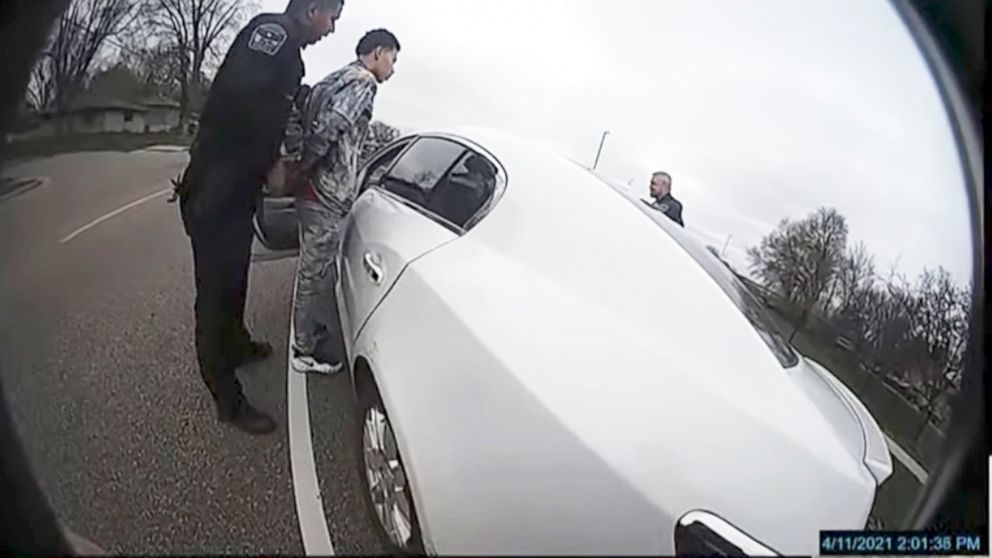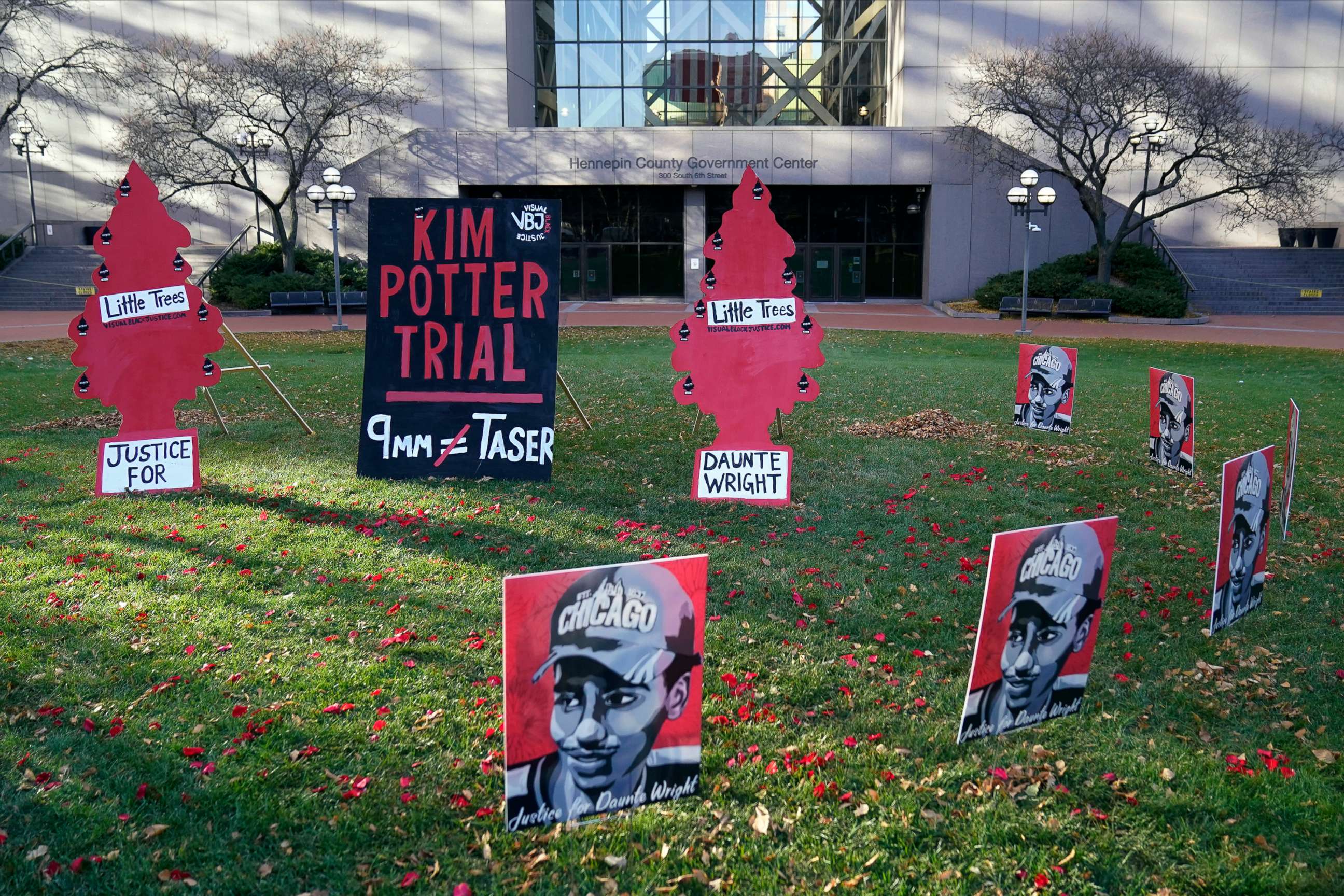Daunte Wright's mother is 1st prosecution witness on stand
Katie Wright, testifying under the name of Katie Bryant, is the first witness to take the stand in the trial of Kim Potter who fatally shot her son, Daunte Wright.
Daunte was Katie and Aubrey Wright's first child together.
She recalled intimate details of Daunte's life: "He was funny, he was a jokester. He liked to make everybody laugh. He had a smile that lit up a room. He was amazing."
He had just enrolled in a trade school and planned on pursuing carpentry, she said, and that Daunte's son, Daunte Jr., is now two years old.
The jury is being shown photos of Daunte, his son and his family. Daunte was shown taking care of his son, who Katie said was born prematurely and was in the hospital for several months.
"He was very proud to be a father," Katie said. "He was also worried that just because he was premature about him sleeping and he could sleep a lot as a premature baby and he was really worried about that. He would play with him, he would do everything that a father needs to do for his child."
"He was an amazing dad," she added.






